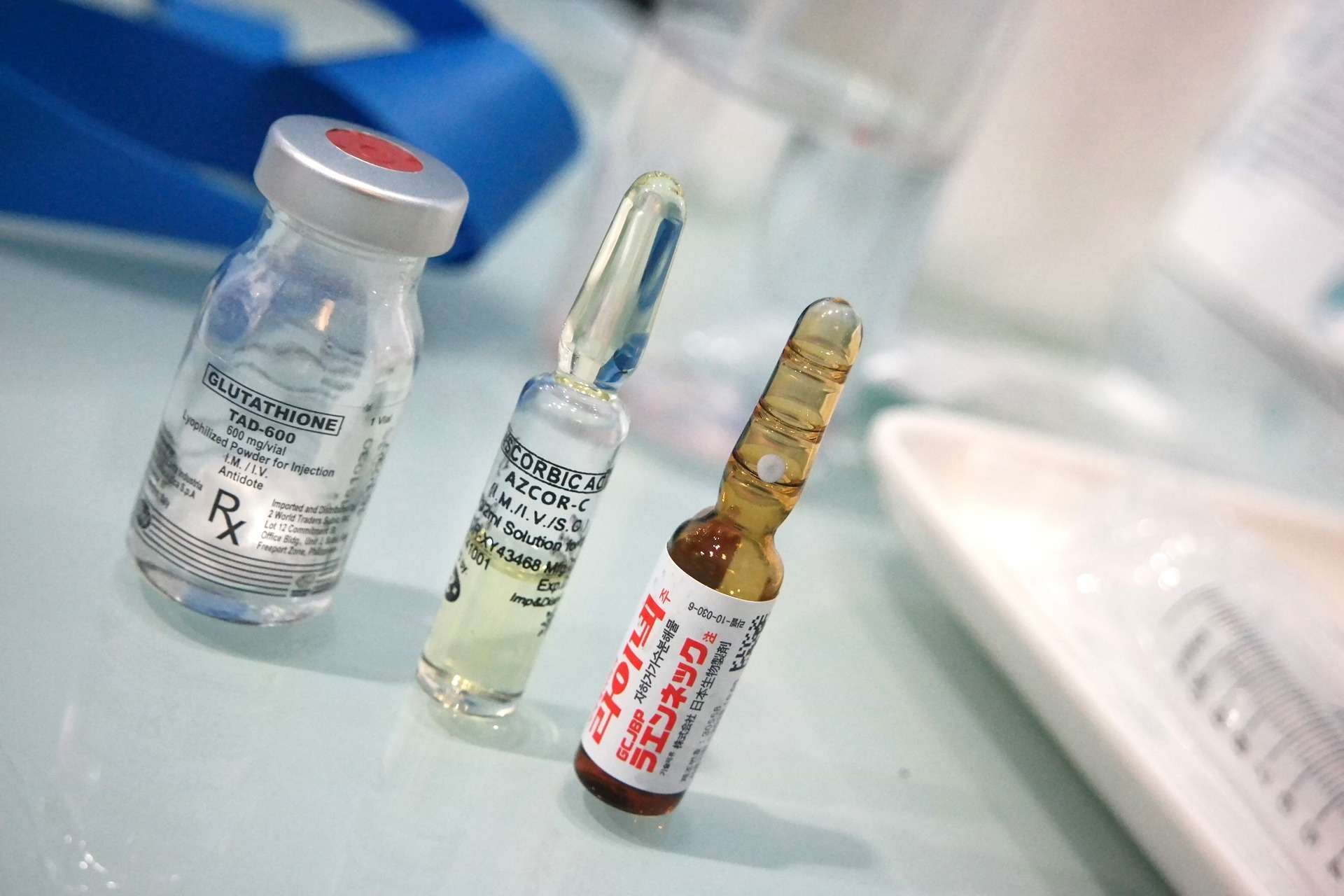Contents:
- Medical Video: DIY intravenous vitamin C
- What are the advantages of injecting vitamin C?
- Effects of injecting vitamin C on the skin
Medical Video: DIY intravenous vitamin C
Vitamin C is a type of water soluble vitamin. Vitamin C is known for its functions for beauty and health, from helping wound healing, collagen formation, helping to absorb iron, to maintaining healthy teeth and bones. The need for vitamin C for adults is approximately 75 mg - 90 mg per day. You can meet the needs of vitamin C from food, vegetables and fruit, especially a good source of vitamin C.
However there are certain situations where you may need additional vitamin C supplements such as when you are sick, have canker sores, or are recovering. Additional vitamin C supplements can be obtained by oral or injection. The maximum limit of vitamin C allowed is 2000 mg. With the injection method, the amount of vitamins that can enter the body can be more compared to the oral method, usually 500 mg to 1000 mg of vitamin C. In Indonesia, injecting vitamin C is better known for skin care and maintaining endurance.
What are the advantages of injecting vitamin C?
Injecting vitamins into the body (infusion vitamin therapy) is a method of inserting vitamins directly into blood vessels. This method is considered more effective because the vitamin does not go through the digestive system first but directly to the cells in the body. Vitamin C injections were first introduced by Dr. Linus Pauling around 1970. His research states that injecting vitamin C in high doses can help cure cancer. This is because cancer is a type of disease caused by abnormal body cell changes due to lack of consumption of vitamin C.
In addition to the treatment of diseases, injecting vitamin C is also famous for lightening the skin. This is based on the fact that vitamin C is a good source of antioxidants and can counteract the bad effects of free radicals, including the darkening of skin color. When the skin is exposed to ultraviolet light, free radical molecules will form which can cause skin problems, namely damage to collagen tissue and other skin structure. These damage will cause premature aging of the skin. Exposure to ultraviolet light can also trigger it melanogenesis which can lead to darkening of skin color and changes in pigments which cause uneven skin tone. The skin also becomes dry and dull.
Effects of injecting vitamin C on the skin
A study of injections of vitamin C, which was followed by 200 33-year-old women showed the benefits of injecting vitamin C. Previously, the majority of them complained of dry and dull skin. This research was carried out by 7 injections with a 7-10 day delay from each injection. Changes to the new skin are felt after the second injection. Differences especially they feel on facial skin. It is reported that an increase in skin moisture is followed by a brighter and not dull skin tone.
But if you undergo injections of vitamin C, the results will certainly be different depending on the individual - each. Factors that can affect the results of injections of vitamin C can come from both external and internal. External factors include how long you are exposed to ultraviolet light everyday, and what protection you use to prevent the adverse effects of ultraviolet light.
For example, those who use sunscreen when they move outdoors will have a lower risk of experiencing it melanogenesis when compared to those who do not use sunscreen. While internal factors consist of stress levels, your sleep patterns, hormonal conditions, to what diet you are living.
READ ALSO:
- Vitamin C Is Better Than Food or Supplements?
- 8 Natural Recipes for Brightening Skin Color
- 10 Anti-Aging Skin Treatments to Do in Your 20s












